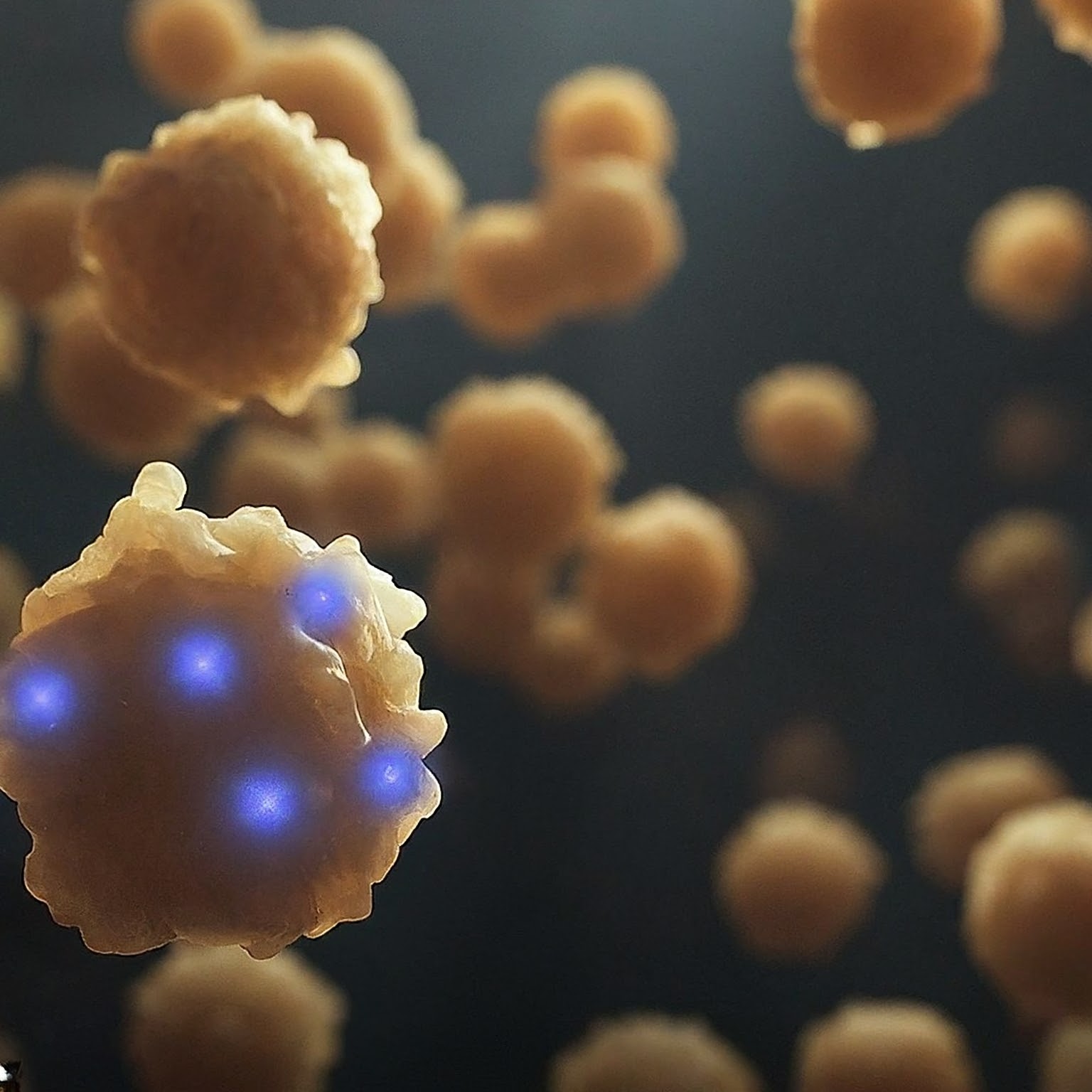Introduction Dr. Amelia Sharma has spent years studying the human body in extreme environments. As a space physiologist, her passion lies in understanding how astronauts adapt to the unique challenges of space travel. In this blog post, Dr. Sharma dives beyond the iconic image of “zero-G” and explores the lesser-known consequences a mere three days
Introduction
Dr. Amelia Sharma has spent years studying the human body in extreme environments. As a space physiologist, her passion lies in understanding how astronauts adapt to the unique challenges of space travel. In this blog post, Dr. Sharma dives beyond the iconic image of “zero-G” and explores the lesser-known consequences a mere three days in space can have on the human body and mind.
We often associate space travel with the iconic image of astronauts floating weightlessly. However, the lack of gravity, also known as microgravity, triggers a cascade of surprising changes within the human body. Recent studies involving citizen astronauts on a three-day space mission revealed fascinating insights that extend far beyond “zero-G.”
Dr. Sharma explains, “While microgravity is a significant factor, it’s just one piece of the puzzle. Space travel exposes astronauts to a complex environment with radiation, altered sleep cycles, and constant stress.”
Let’s delve into the three-day transformation astronauts experience:
-
Farewell Gravity, Hello Muscle Loss: In the absence of gravity’s constant pull, muscles weaken at an alarming rate. Studies show a potential loss of up to 1% of muscle mass per day! This can lead to decreased strength, balance issues, and increased risk of injury upon returning to Earth.
-
A Fluid Shift: Microgravity disrupts the body’s natural fluid distribution. Blood pools in the upper body, leading to facial puffiness and stressing the cardiovascular system. This can cause a decrease in blood volume pumped by the heart, potentially affecting overall cardiovascular health.
-
Space Brain: Cognitive abilities can be surprisingly impacted by a short space stay. Astronauts may experience decreased attention span, impaired memory, and slower reaction times. These changes are thought to be caused by altered blood flow to the brain and the effects of space radiation.
-
Cellular Stress: At the cellular level, space travel throws a wrench into the body’s machinery. Increased DNA damage and altered gene expression have been observed, highlighting the body’s attempt to adapt to this new environment.

Picture by: Google Gemini
The Three-Day Transformation: A Look at the Data
The informative table you created earlier, showcasing the effects on the musculoskeletal, cardiovascular, cognitive, and cellular systems, has already been inserted here to visually represent the key takeaways.
A Short Trip, Lasting Effects:
Even a brief space mission can trigger significant changes. Understanding these short-term effects is crucial for developing strategies to mitigate them during longer spaceflights. Astronauts venturing on missions to the Moon or Mars will experience these effects for a much longer duration, making countermeasures even more important.
The Future of Space Travel:
As humanity sets its sights on deeper space exploration, research into the long-term effects of space travel becomes paramount. Dr. Sharma emphasizes, “By understanding the three-day transformation, we can develop effective countermeasures to protect astronauts on future missions to Mars and beyond. This could include exercise protocols, dietary adjustments, and even pharmacological interventions.”
















